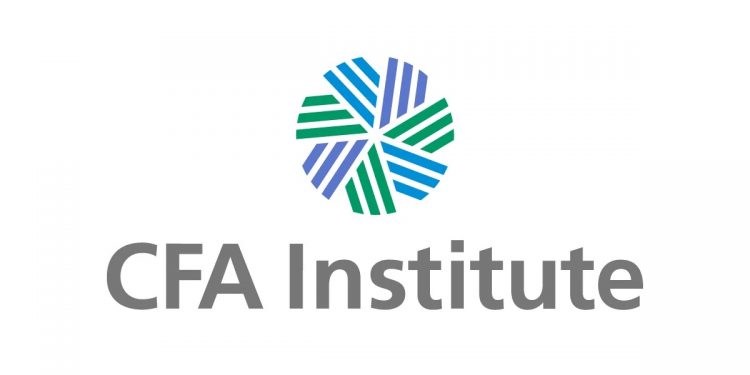Survey Report on European ESG Regulatory Framework
The CFA Institute Research and Policy Center releases a survey report on European ESG regulatory framework, aimed at analyzing market participants’ attitudes towards ESG regulatory policies.
Since the release of the European Commission Action Plan on Sustainable Finance in 2018, regulatory agencies have developed a series of ESG regulatory standards. For example, the European Sustainable Finance Disclosure Regulation, EU Taxonomy, Corporate Sustainability Reporting Directive, and European Sustainability Reporting Standards. The survey targets CFA Institute members in Europe, with 58% of respondents working in the asset management industry and having a thorough understanding of ESG regulatory frameworks.
Related Post: CFA Institute Releases Climate Data and Investment Report
Respondents’ Views on Sustainable Finance Policies in Europe
There is significant disagreement among respondents regarding sustainable finance policies in Europe. 22% of respondents believe that Europe should continue to take action towards medium – and long-term sustainable development goals, and 22% of respondents believe that the effectiveness of sustainable financial policies may not be satisfactory in the absence of reliable ESG data. 17% of the respondents also believe that the progress of ESG policies in Europe is too fast and sustainable finance should not be the focus of market development.
A higher proportion of respondents hold a positive view on the impact of sustainable financial policies on the market. 42% of respondents believe that these policies have promoted the development of sustainable markets and transition investments, while 35% of respondents believe that the relationship between market development and sustainable financial policies is still uncertain. 14% of respondents believe that there is no relationship between the two.
In terms of the actual impact of sustainable financial policies, respondents believe that regulatory compliance requirements (60%), investors’ attention to ESG (60%), potential investment value (31%), and market competitive advantage (17%) are the main factors to consider.
Respondents’ Views on European Sustainable Finance Disclosure Regulation
There are also divergent attitudes among respondents regarding the advantages of the European Sustainable Finance Disclosure Regulation. 30% of respondents believe that SFDR can encourage sustainable investment in Europe, and 19% of respondents believe that SFDR can facilitate the comparison of different investment products. However, 24% of respondents believe that SFDR has no benefits. 49% of respondents believe that SFDR should be modified to provide a clearer fund classification system and reduce greenwashing risks.
In terms of the challenges of implementing sustainable financial disclosure regulations in Europe, 65% of respondents believe that there is a lack of reliable ESG data, 45% of respondents believe that the cost of collecting ESG data is high, and 40% of respondents believe that the regulatory framework is not clear enough. These factors may impose a burden on small asset management companies.
Respondents generally hope that CFA Institute can provide assistance in the application of sustainable financial disclosure regulations in Europe, such as holding seminars (48%), publishing practice guidelines (41%), and providing professional education (39%).
Respondents’ Views on European Sustainability Reporting Standards
There are divergent attitudes among respondents regarding the application of European sustainability reporting standards. 19% of respondents believe that ESRS can help companies achieve sustainable disclosure, while 18% of respondents believe that ESRS may not achieve the desired results. 13% of respondents believe that the timeline set by ESRS may result in companies being unable to respond in a timely manner. 26% of the respondents did not express any opinions on this issue, which is the highest proportion among all questions.
The attitude of respondents towards the audit of European sustainability reporting standards is generally positive. 25% of respondents believe that voluntary auditing should gradually transition from long-term to mandatory auditing, while only 8% believe that sustainable reporting does not require auditing.
43% of respondents are very concerned about the potential greenwashing issues caused by information disclosure, 47% are relatively concerned, and 10% indicate no concern. 44% of respondents suggest that European regulatory agencies collaborate with regulatory agencies in global jurisdictions to improve the interoperability of information disclosure. 43% of respondents suggest that regulatory policies clarify sustainability related concepts and improve information transparency.
Reference:








